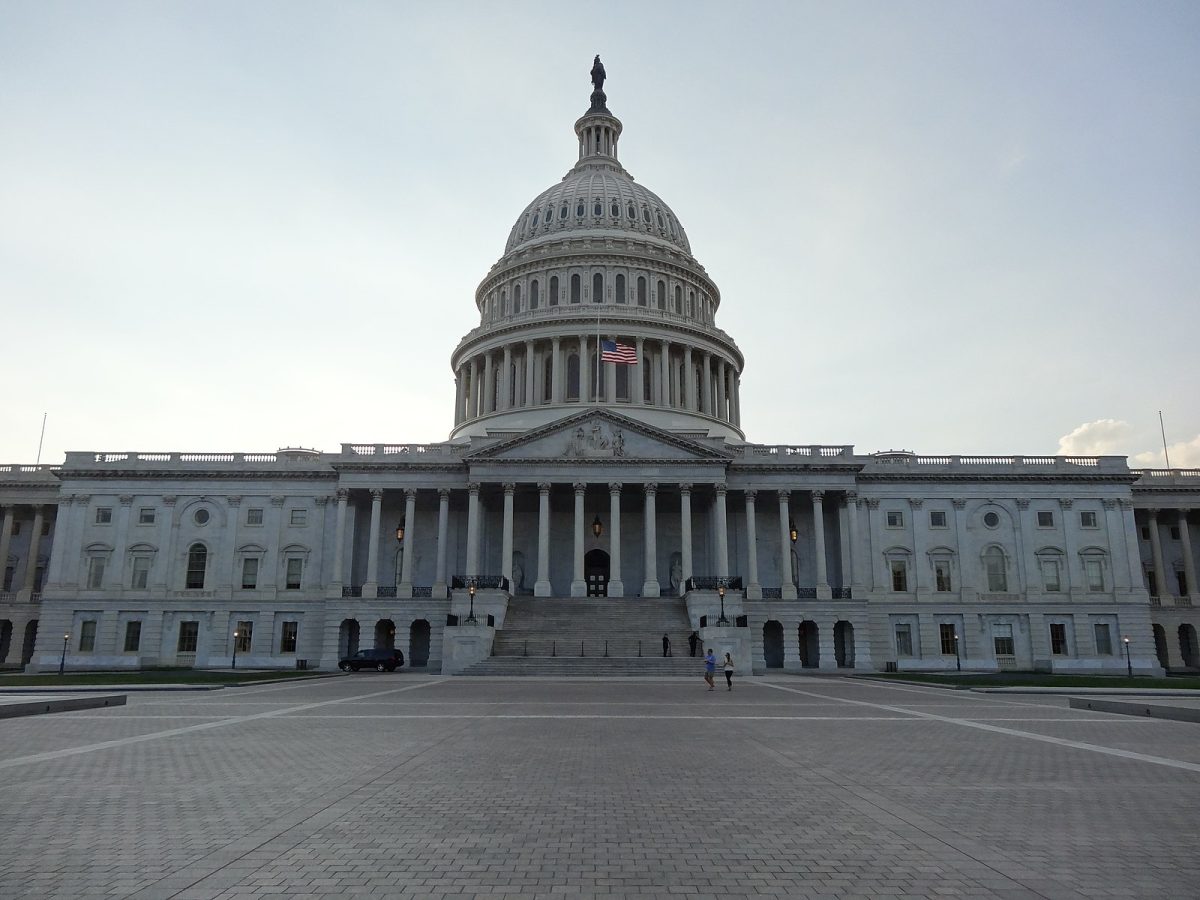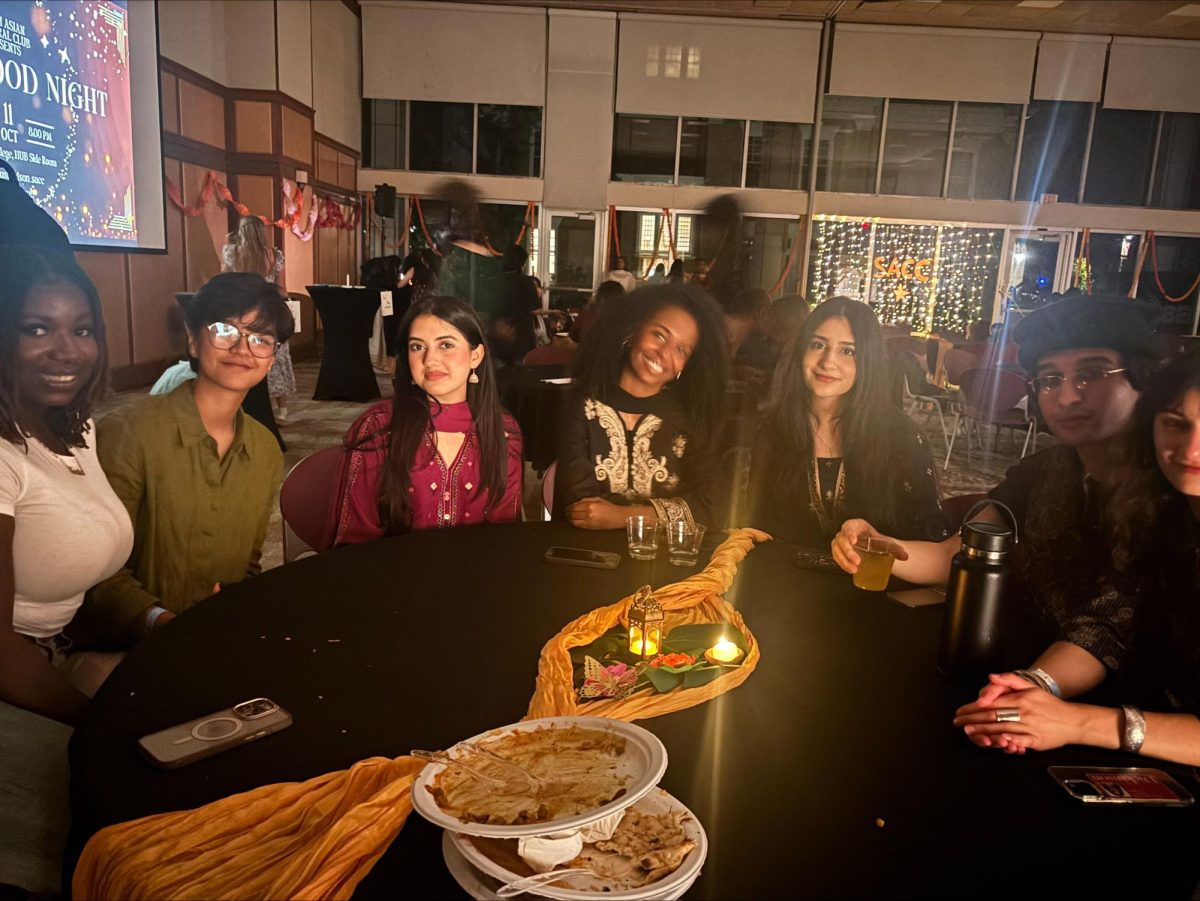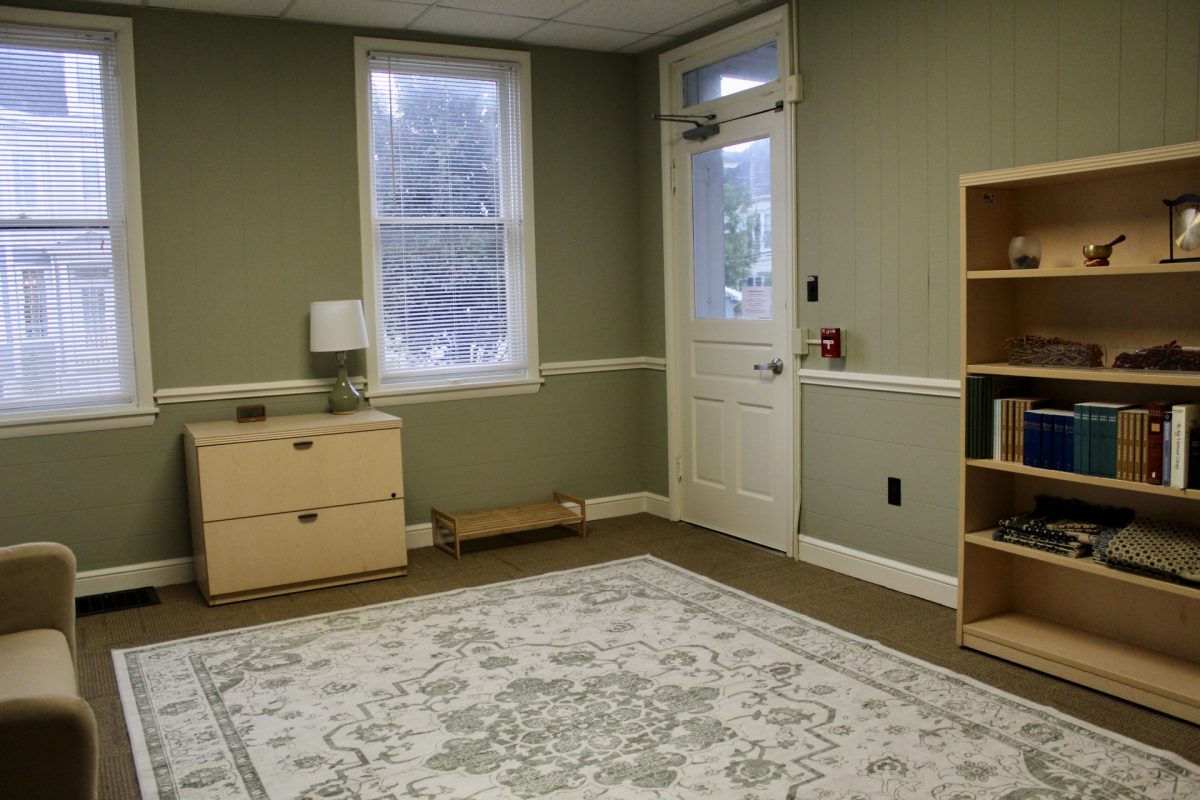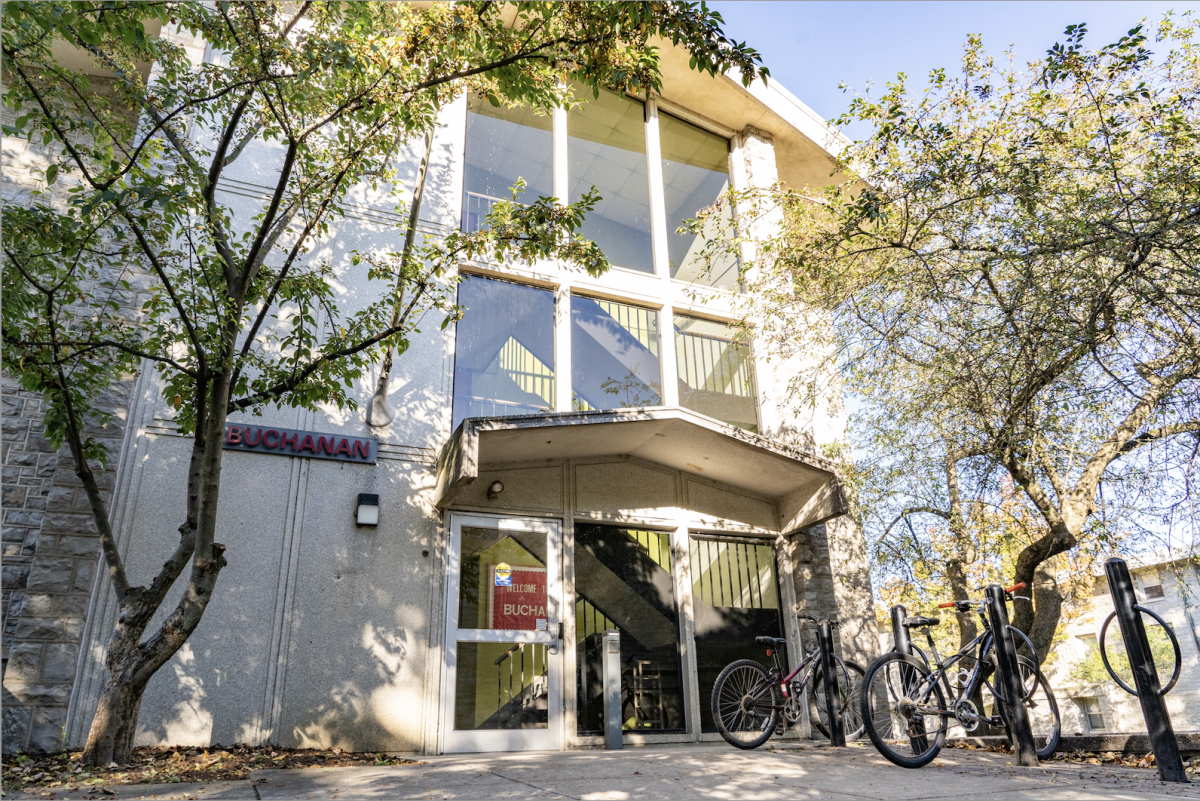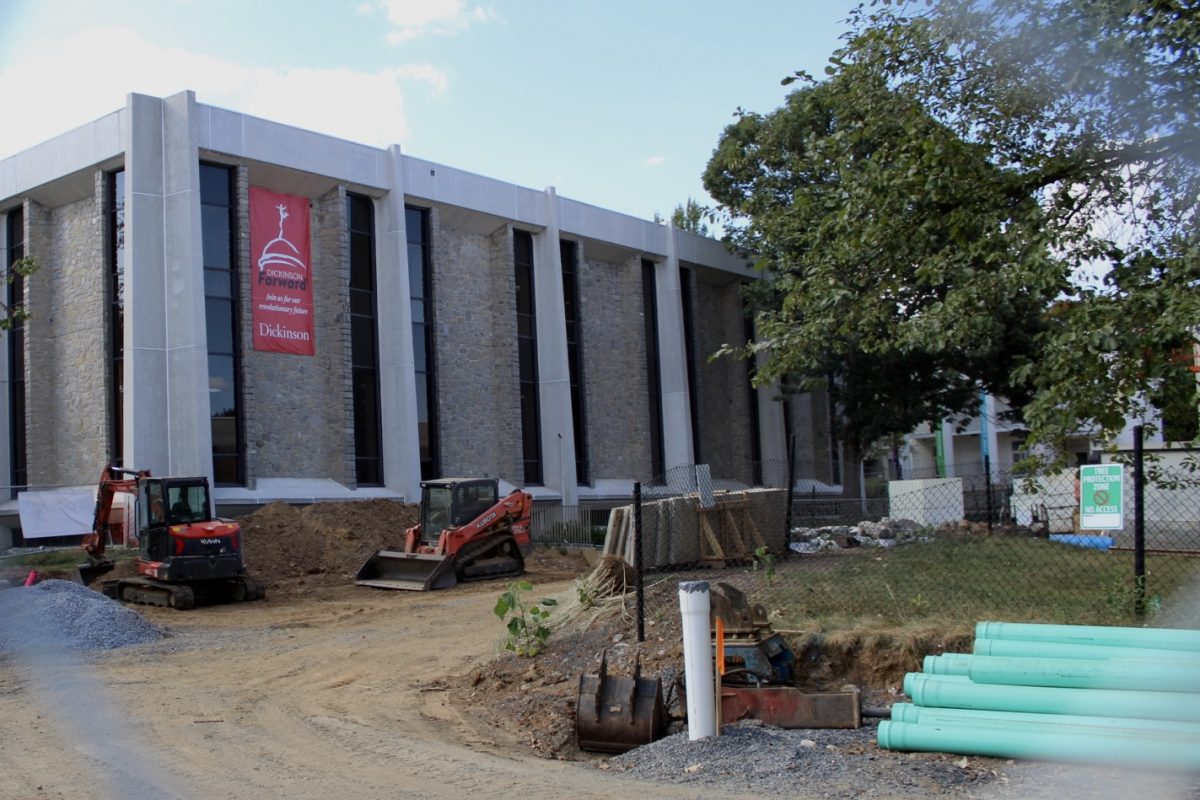The Dickinson College Classics department hosted the 25th annual Christopher Roberts lecture on October 6, where it invites a Classics scholar to talk about their studies and sponsors an accompanying concert. This year’s lecturer was Jinyu Liu, the Betty Gage Holland Professor of Roman History at Emory University.
Liu’s two lectures focused on Roman history and the process of translating Ovid into modern Mandarin. Her first talk, called “Outsiders in Town,” was about the experiences of immigrants and migrants during the Roman Republic and early Roman Empire. She used primary sources including epigraphy, the reading of engraved inscriptions left behind, which featured information about non-citizens of the Roman Empire. This talk showed the great connectivity of the Roman Empire and how immigrants lived as outsiders in their communities before Rome established universal citizenship.
Her second talk was called “Translating Exile,” about the translation, sponsored by the Chinese government and Dickinson College Commentaries, of Ovid’s exile poem “Tristia” into Mandarin. Liu explored several interesting points about language and the process of translation. One issue of translating Latin into Mandarin, is the lack of certain grammatical structures in Mandarin that exist in Latin, such as participial phrases. She shared her emphasis on preserving the meaning of Ovid’s puns, such as the connotation of “pedes,” which means “foot,” in Latin, but can also mean a poem, which Ovid uses to convey that neither he nor his writing can return from exile to Rome.
Despite these struggles, Liu has been able to craft a good translation into Mandarin by translating certain words that match the syllables of Ovid’s poems and by trying to keep the same word order he used. She also talked of the great help of the Classics department, which created Dickinson Classics Online, which features resources on learning Latin for Mandarin speakers and is sponsored by the Chinese Government. Dickinson is digitizing the first ever Latin to Mandarin dictionary to provide more access to Chinese scholars to learn about western classics.
The concert after her lectures by James C. Martian and Gregory Strohman, with members of the Dickinson student choir, was called “Of Gods and Men” and served as a journey through myths, gods and tall tales through music. It featured songs from Europe and included songs by folk heroes from the Americas.




